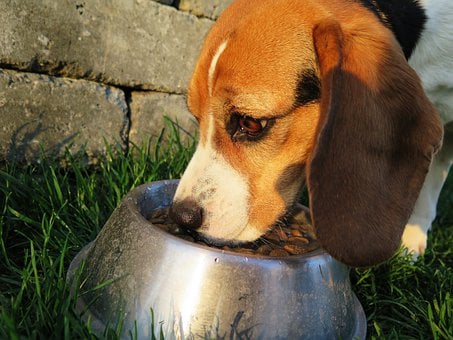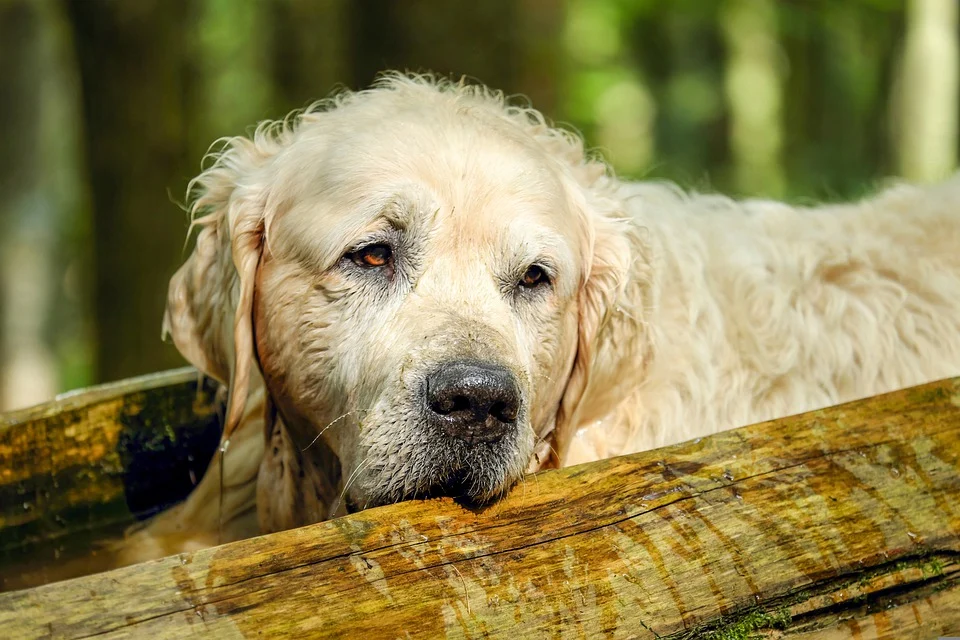3 Unusual Things Your Older Dog Might Do
That pup who grew by your side and became a constant furry companion will eventually grow old. This is different from how humans age, with 10.5 human years being equivalent to 12 months in dog years. And at that stage, their needs are remarkably different from when they were younger. This is an inevitable transition, and you’ll have to adapt by learning the best ways to fulfill their changing needs so that they are comfortable. This involves knowing what to expect from them, including unusual things like the following.
1. Rejecting food
Reduced appetite in an aging canine is an issue many pet owners have to deal with. It can be heartbreaking to notice this change in a dog who used to have a voracious appetite. Slow metabolism may be the cause of this. Other possible reasons are nausea, dental decay, or gastrointestinal disorders as they get older. When this happens, it may be time to switch foods to avoid triggering the discomfort they may feel.
If they used to enjoy dry meals, it might be time to change to wet dog foods. More importantly, an aging dog must be fed less frequently than a younger one. Their reduced energy levels make it risky to eat a lot. If you fail to do this, they may become overweight. This means getting all the information, including reading Freshpet dog food reviews and consulting your vet to help you choose healthier meals for an aging dog.
2. Incontinence
After many hours and weeks of housetraining, it may seem odd for a dog to ‘go’ in the house. However, vets say this is one of the unpleasant behaviors of aging dogs. They may pee or leave fecal matter in their sleeping or eating spots. Sometimes, increased mobility issues cause them to lose it indoors. In other cases, incontinence may signify kidney disease or bowel syndrome in their older years. According to vets, some aging dogs develop memory issues at some point. So they forget all their housetraining. Pet experts say some well-trained dogs may show signs of embarrassment, like averting their eyes or tail tucks. While incontinence is common in aging dogs, there is always an underlying health issue. Your best bet, therefore, would be to visit the vet.
3. A lack of interest in movement
A younger dog is a bundle of unbridled energy. They never seem to know when it’s time to stop running around. Every new thing becomes an object of curiosity, and they would stop at nothing to explore their surroundings. The exact opposite is what an older or aging dog would do. The lack of interest in getting around may be due to early-stage mobility issues, as they are susceptible to arthritis and other degenerative bone diseases. Additionally, statistics indicate that 8 out of 10 aging dogs would experience mobility issues.
In many cases, this can be treated with calcium supplements or other medications prescribed by a vet. As the owner of an aging pet, you are also responsible for engaging your furry companion in regular physical exercise. The objective is to get them moving those joints to prevent premature stiffening. Additionally, vets recommend taking shorter walks instead of longer strolls. You may also have to adjust your dog’s new exercise routine. This corresponds with little bursts of energy they may have now and then. Swimming is a great mobility exercise for aging dogs. You can try that out to see how interested your dog may be.
839GYLCCC1992





Leave a Reply